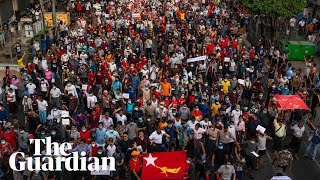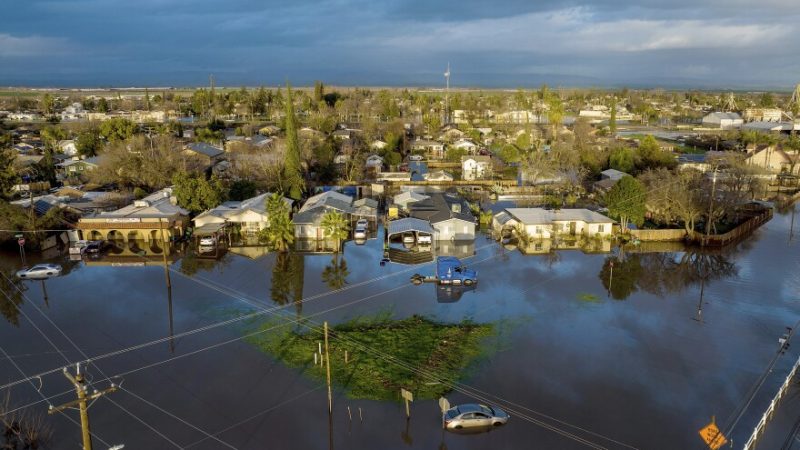protests myanmar netblocksfingasengadget

The Weaponization of Netblocks
Netblocks, a term used to describe the blocking or throttling of internet access, has become a powerful tool for authoritarian regimes to stifle dissent. In Myanmar, the military junta has employed this tactic to control the narrative and prevent protesters from organizing effectively. By cutting off access to social media platforms and messaging apps, such as Facebook and Twitter, the regime aims to disrupt communication channels and limit the dissemination of information.
The impact of netblocks on the protests cannot be understated. Social media platforms have played a crucial role in mobilizing citizens and sharing real-time updates on demonstrations. They have served as platforms for organizing events, coordinating supplies, and spreading awareness. With netblocks in place, these avenues are severely hampered, making it challenging for protesters to communicate and coordinate their efforts.
The Struggle for Information
One of the most significant consequences of netblocks is the limited access to information. In an era where news travels at lightning speed through social media, the blackout imposed by the military junta has created an information void. Citizens are left in the dark about crucial developments, relying on word-of-mouth or alternative means to stay informed.
Journalists and media organizations also face immense challenges in reporting on the ground. With limited internet access, it becomes difficult to verify information and provide accurate coverage. This lack of transparency not only hinders the work of journalists but also allows the military junta to control the narrative and manipulate public perception.
Technological Resilience and Countermeasures
Despite the netblocks, activists in Myanmar have shown remarkable resilience and resourcefulness in finding ways to circumvent restrictions. Virtual Private Networks (VPNs) have become a lifeline for many, allowing them to bypass censorship and access blocked websites. However, the military junta has responded by cracking down on VPN usage, making it increasingly challenging for citizens to maintain their online presence.
Furthermore, activists have turned to alternative communication methods, such as offline messaging apps and encrypted platforms, to ensure secure and private communication. These efforts highlight the determination of the protesters to overcome obstacles and continue their fight for democracy.
The Global Response and Implications
The international community has condemned the netblocks imposed by the military junta in Myanmar. Governments, human rights organizations, and tech companies have expressed their concerns over the suppression of freedom of expression and the violation of human rights. However, the effectiveness of these condemnations remains limited, as the military junta continues to tighten its grip on power.
The implications of netblocks extend beyond Myanmar’s borders. The use of such tactics sets a dangerous precedent for other authoritarian regimes around the world. It demonstrates how technology can be weaponized to suppress dissent and control populations. As governments become more adept at manipulating digital spaces, it becomes imperative for civil society, tech companies, and international organizations to develop strategies to counter these threats.
Conclusion:
The netblocks imposed by the military junta in Myanmar have had a profound impact on the ongoing protests. By restricting internet access and controlling the flow of information, the regime aims to suppress dissent and maintain its grip on power. However, despite these challenges, activists have shown resilience and resourcefulness in finding ways to circumvent restrictions. The global response to netblocks in Myanmar highlights the need for concerted efforts to protect freedom of expression and ensure that technology is not used as a tool of oppression. As the protests continue, the battle for digital freedom remains an integral part of the fight for democracy in Myanmar.






